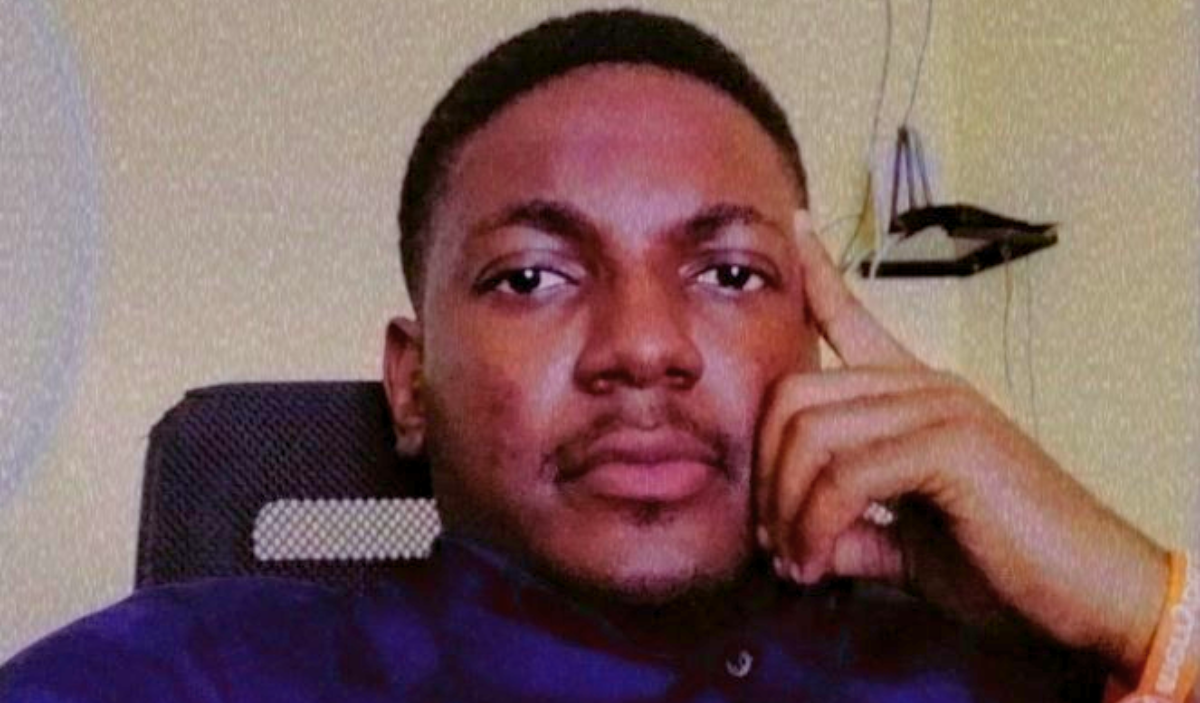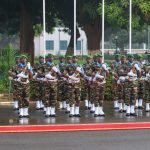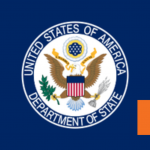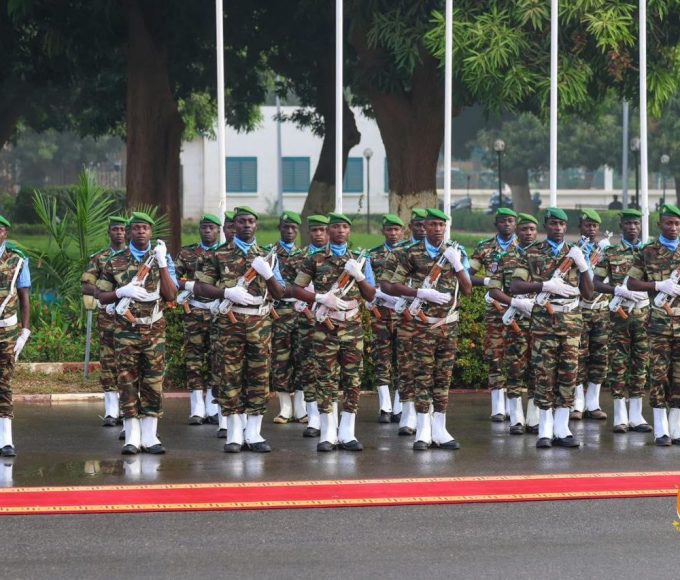
Human Rights lawyer confirms NPF moved Abducted FIJ Reporter, Daniel Ojukwu to Abuja

Human Rights lawyer Ridwan Oke confirmed on Sunday that Daniel Ojukwu, a multimedia journalist with the Foundation for Investigative Journalism (FIJ), has been transported from Police Custody at SCID, Panti, Lagos, to the Threat Response Unit of the NPF National Cybercrime Centre, Abuja.
This disclosure, which occurred on the day the world celebrates press freedom, marks four days since the arrest of Ojukwu. He was apprehended on Wednesday, during World Press Freedom Day, accused of violating the Cybercrime Act of 2015 (as amended).
West Africa Weekly contacted the lawyer, Oke, who confirmed Ojukwu had called him on Sunday morning before being transported from Lagos Police Custody to Abuja’s Cybercrime Unit.
I haven’t been able to reach him since he called me in the morning to confirm that he’s now in Abuja with the Threats Unit of the National Cybercrime Centre, says Human Rights lawyer Oke.
Despite numerous demands by journalists and civil society organisations, including Amnesty International, for the release of Ojukwu, the Nigerian Police remains incommunicado—without stating the reason for his arrest.
Lawyer Oke further commented that Ojukwu’s contact information was unreachable after the call he placed with him on Sunday morning.
However, Oke earlier faulted the NPF for the continued detention of Ojukwu without a court trial despite the charge against him being subject to bail.
As of press time,
Ojukwu does not have access to his mobile phone, which indicates not only that he cannot reach the outside world but also depicts law enforcement agencies’ disregard for upholding press freedom in a democratic system of government.
Attack on press freedom using the Cybercrime Act, a weapon that has been regularly used since its amendment against journalists and engaged people (dissidents), remains a threat to a democratic society.
About The Author
Mayowa Durosinmi
author
M. Durosinmi is a West Africa Weekly investigative reporter covering Politics, Human Rights, Health, and Security in West Africa and the Sahel Region
Mayowa Durosinmi
M. Durosinmi is a West Africa Weekly investigative reporter covering Politics, Human Rights, Health, and Security in West Africa and the Sahel Region
Related Articles
The AFCON Final in Morocco and the Controversies That Followed
The Africa Cup of Nations final between hosts Morocco and Senegal ended...
ByWest Africa WeeklyJanuary 20, 2026Mali’s Transition Leader Attends Swearing-In of Guinea’s President Mamadi Doumbouya
Mali’s President of the Transition, General Assimi Goïta, represented the country in...
ByWest Africa WeeklyJanuary 19, 2026Malian Army Conducts Successful Surveillance Operation in Mopti Region
The Malian Armed Forces have carried out a successful territorial surveillance operation...
ByWest Africa WeeklyJanuary 19, 2026Niger’s Security Forces Record Major Gains Against Armed Groups
Niger’s Defence and Security Forces have reported significant results following a week...
ByWest Africa WeeklyJanuary 19, 2026











